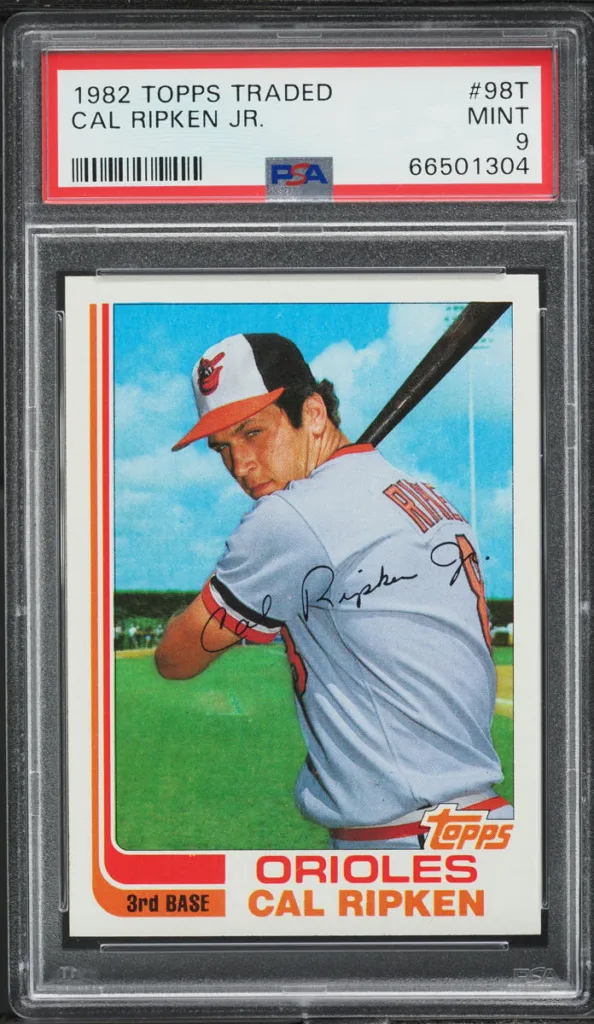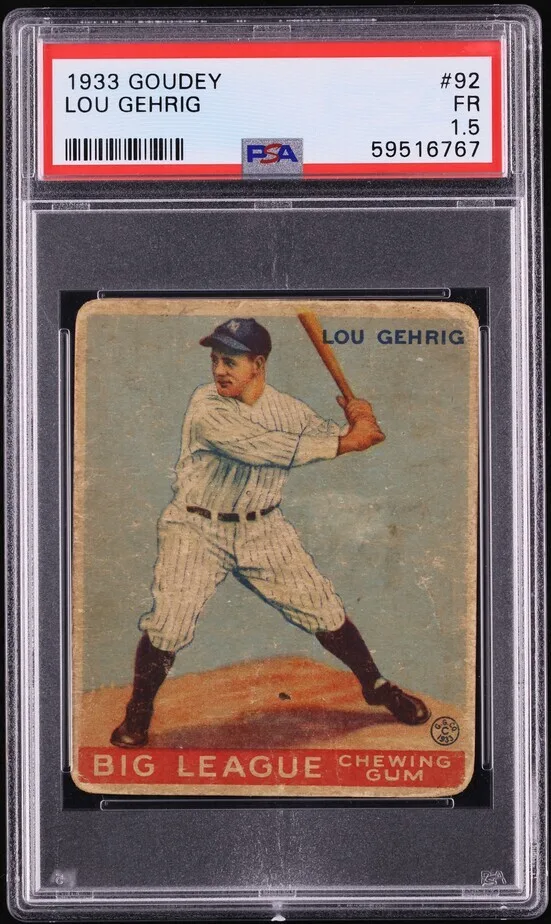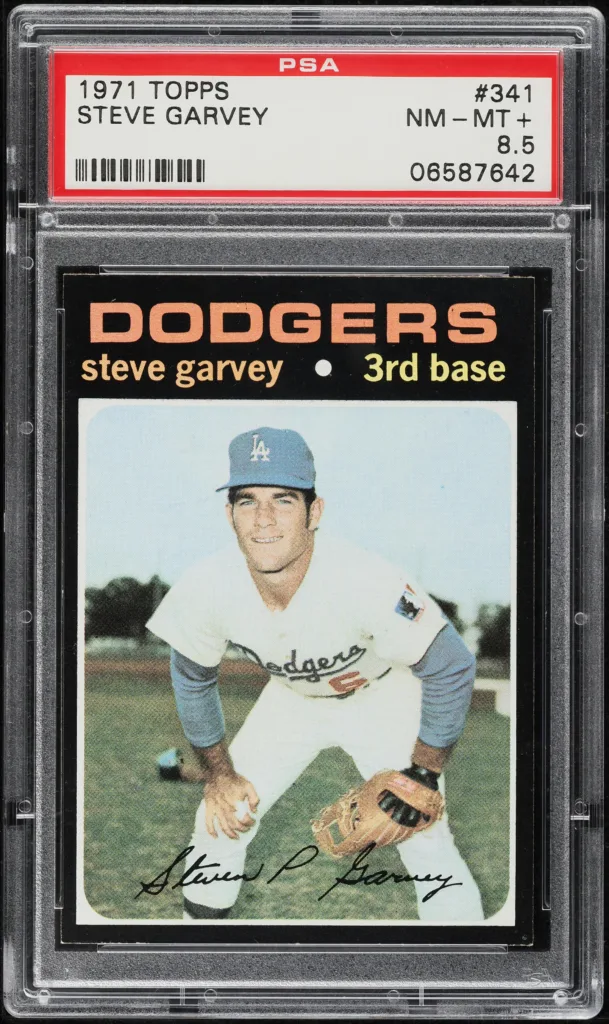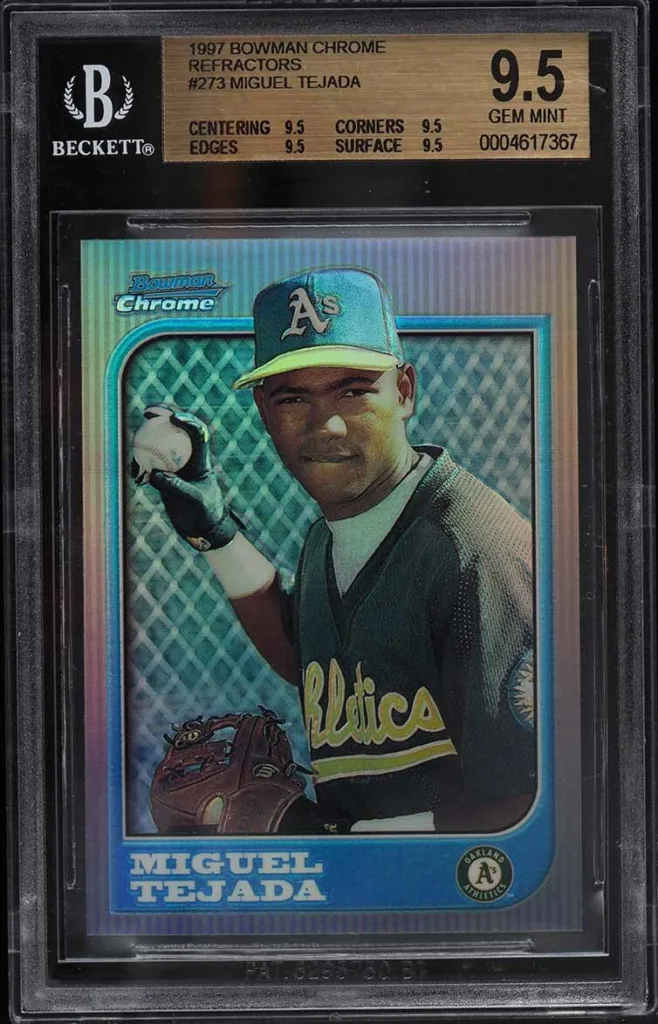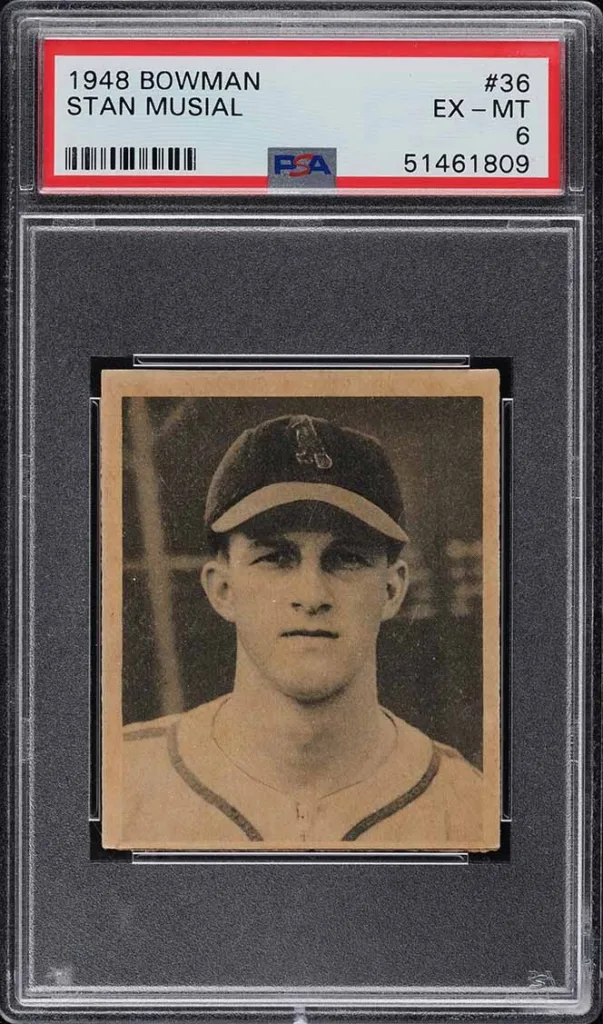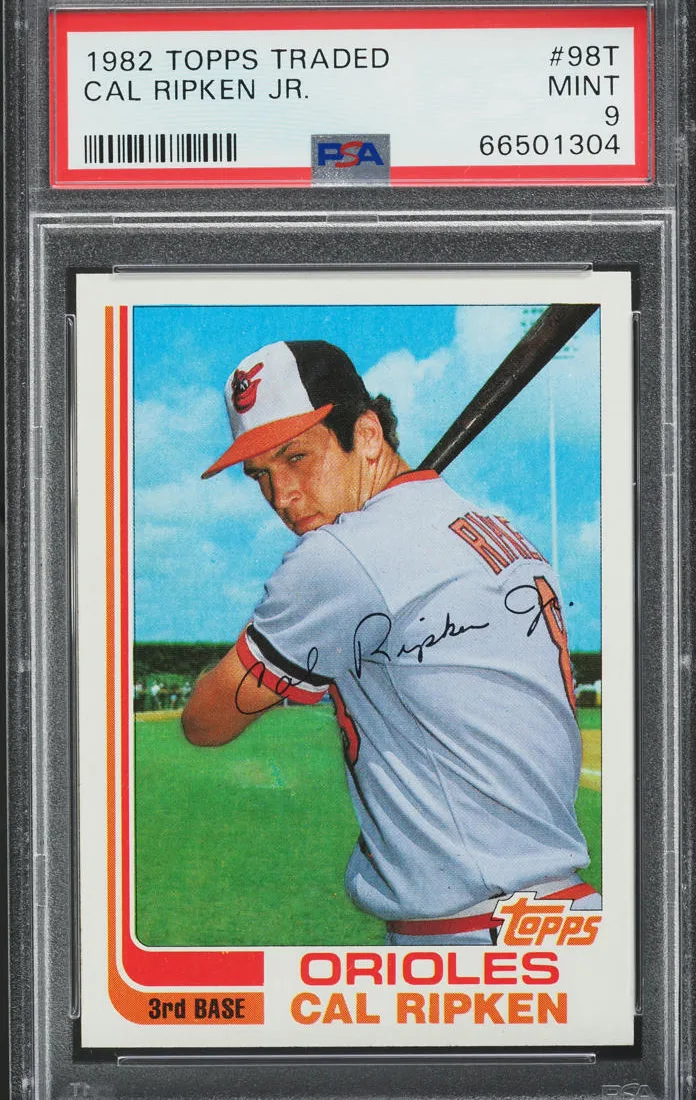
The Game’s Greatest Endurance Players
Some baseball players become legends for their towering home runs, dazzling defense, or unhittable pitches. Others, however, etch their names into history through sheer willpower. They show up, day after day, year after year, defying fatigue, injury, and the relentless grind of a 162-game season. These players are baseball’s ironmen — athletes who refused to take a day off and became symbols of durability and commitment.
The most famous of all is Cal Ripken Jr., who shattered Lou Gehrig’s long-standing consecutive games streak, redefining the limits of endurance in professional sports. But he’s not alone. Across baseball history, a handful of players have demonstrated remarkable resilience, proving that true greatness isn’t just about talent — it’s about showing up.
Here’s a look at eight of the most enduring players in the game’s history, along with the cards that commemorate their iron wills.
Baseball’s Greatest Ironmen and their Cards
Cal Ripken Jr. – 2,632 consecutive games, 1982-1998
No discussion of baseball’s Ironmen can begin anywhere but here. Cal Ripken Jr. didn’t just break Lou Gehrig’s legendary record of 2,130 consecutive games, he obliterated it, playing in 2,632 straight contests over 16 seasons. Ripken, a 19-time All-Star and Hall of Famer, was more than just durable. He redefined the shortstop position, proving that big, power-hitting infielders could excel defensively. His endurance became a symbol of professionalism and dedication, capturing the imagination of fans everywhere.
For collectors, Ripken’s 1982 Topps (#21) and Topps Traded (98T) rookie cards are must-haves. The 1982 Topps features Ripken as part of a three-player rookie card, while the solo 1982 Topps Traded is among the most sought-after baseball cards of the 1980s. His career-spanning Topps issues, including the 1995 cards celebrating his record-breaking achievement, serve as reminders of his unbreakable will.
Lou Gehrig – 2,130 consecutive games, 1925-1939
Before Ripken, there was Lou Gehrig, the Iron Horse. The Yankees legend played 2,130 consecutive games before ALS — later called “Lou Gehrig’s Disease” — forced him into early retirement.
Gehrig was more than just durable. He was one of the greatest hitters of all time, amassing 493 home runs, a career .340 batting average, and six World Series titles. His streak might have stood forever if not for Ripken, but even more than his endurance, it was Gehrig’s grace in the face of tragedy that cemented his status as one of baseball’s most revered figures.
Collectors turn to Goudey to discover Gehrig’s best cards. His 1933 Goudey #92 (as well as the variant, #160) remains an all-time classic, while the 1934 Goudey #37, featuring Gehrig’s own written endorsement on the back, is another holy grail.
Everett Scott – 1,307 consecutive games, 1916-1925
Everett Scott’s name may not resonate as loudly as Ripken’s or Gehrig’s, but for a time, he held the major league record for consecutive games played. The slick-fielding shortstop played 1,307 straight games for the Red Sox and Yankees — a streak that lasted until Gehrig surpassed it in 1933. Scott was a key part of Boston’s championship teams in the 1910s and later won another ring with the Yankees in 1923. His durability and defensive brilliance made him a respected figure in his era.
Scott’s playing career largely predates the era of mass-produced baseball cards, but his likeness appears on several early 20th-century issues. Dedicated collectors may try to track down Scott’s 1916 M101-4 Sporting News card (#157).
Steve Garvey – 1,207 consecutive games, 1975-1983
A model of consistency, Steve Garvey anchored the Los Angeles Dodgers’ infield throughout the 1970s, appearing in 1,207 consecutive games. A 10-time All-Star and 1974 NL MVP, Garvey was known for his reliability both at the plate and in the field. His streak ended in 1983, but his reputation as one of the most durable and clutch players of his era endured.
Collectors can find Garvey’s rookie card (#341) in the 1971 Topps set, though his later issues — particularly his horizontally-oriented 1974 Topps card (#575), marking his MVP season — are also notable. His 1981 Topps (#530) and 1982 Topps (#179) cards capture him in the midst of his durability streak, making them appealing additions to any ironman collection.
Miguel Tejada – 1,152 consecutive games, 2000-2007
In the modern era, few players have embodied Ripken’s spirit of endurance like Miguel Tejada. Playing shortstop for the Oakland A’s and Baltimore Orioles, Tejada strung together 1,152 consecutive games — the longest streak of the 21st century. Known for his power and defensive prowess, Tejada won the 2002 AL MVP award and was a six-time All-Star. His streak was finally broken in 2007, but he remained a feared hitter for years.
Tejada’s rookie card (#273) appears in the 1997 Bowman set, a product that became synonymous with emerging stars of the late 1990s. The International Refractor variant is particularly valuable. Tejada’s Topps cards from the early 2000s, especially those capturing his 2002 MVP season, are key pieces for collectors who appreciate modern ironmen.
Jim Palmer – Eight consecutive 30+ start seasons, 1970-1978
Pitchers face an entirely different endurance test from position players, yet Jim Palmer stands out as a true ironman of the mound. The Baltimore Orioles ace made 30 or more starts in eight straight seasons from 1970 to 1978, a rare feat in an era when starting pitchers were expected to go deep into games.
A three-time Cy Young Award winner and six-time All-Star, Palmer was a cornerstone of the Orioles’ success, helping them to three World Series appearances in the 1970s. His 1966 Topps rookie card (#126) remains highly collectible. His later Topps issues, particularly from his dominant mid-1970s seasons, are a must for those who admire both durability and excellence on the mound.
Stan Musial – 895 consecutive games, 1952-1957
Stan “The Man” Musial was one of baseball’s most consistent and beloved players, and from 1952 to 1957, he played in 895 consecutive games for the St. Louis Cardinals. A seven-time batting champion and three-time MVP, Musial’s durability was just one facet of his legendary career.
Musial’s 1948 Bowman rookie card (#36) is a key vintage collectible, and his Topps issues from the 1950s capture the Hall of Famer at the height of his dominance.
Billy Williams – 1,117 consecutive games, 1963-1970
A Hall of Famer and Cubs legend, Williams’ seven-year streak was a testament to his consistency and toughness, earning him the nickname “Iron Man” long before Ripken. His 1961 rookie card #141 is valuable in part because Williams won the Rookie of the Year award that year.
More Topps Office Hours
-

Office Hours | 30 Years of the 1995 Topps Animaniacs Set
-
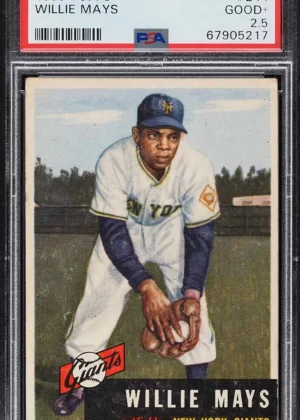
Office Hours | Gold Glove Leaders
-
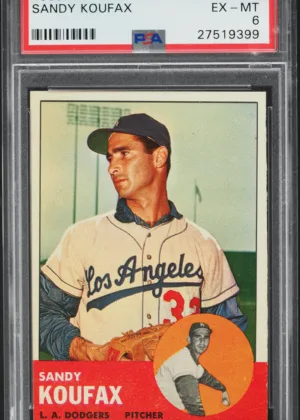
Office Hours | Cy Young Award Cards
-
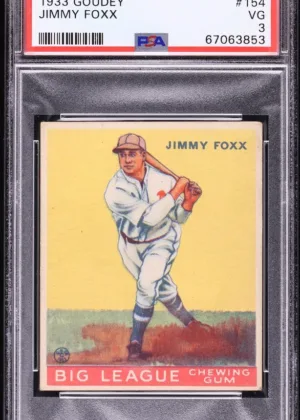
Office Hours | The Quietest Superstar Ever
-
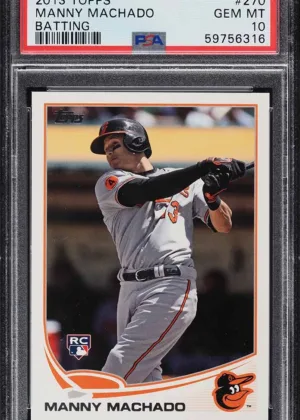
Office Hours | The Greatest Third Basemen in MLB History and their Cards
-
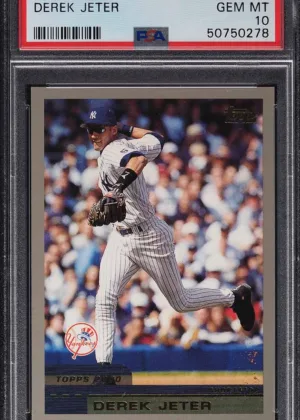
Office Hours | World Series MVPs
-
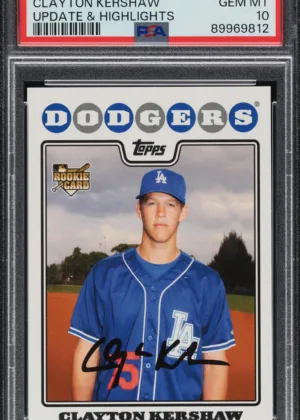
Office Hours | Baseball’s Greatest Southpaws
